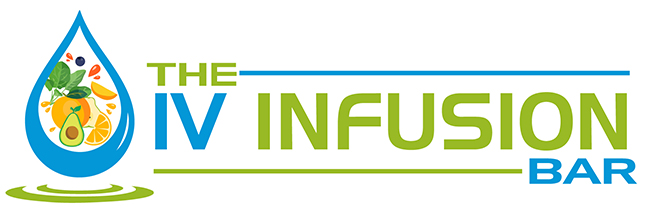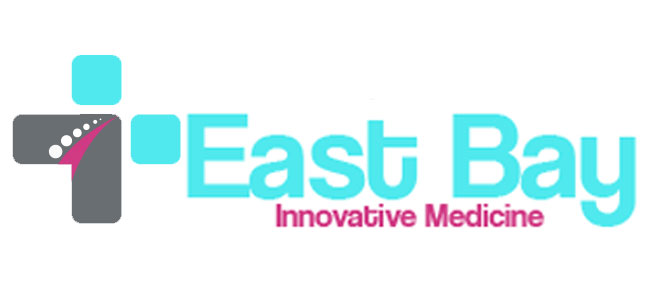 IV Therapy- High Dose Vitamin C
IV Therapy- High Dose Vitamin C
We advocate our High Dose IV Vitamin C therapies in addition to traditional cancer treatment and prevention protocols. We are excited by this growing body of research, and look forward to further developments.
In the 1970s, Dr. Linus Pauling – the only person to ever be awarded two unshared Nobel Prizes – began to examine the potential use of Vitamin C in the treatment of cancer. Starting in 1974, researchers inspired by the theories of Dr. Pauling published clinical trials of high-dose intravenous vitamin C in advanced human cancer. The observed patients had longer than expected longevity when compared to case controls, and when compared to expected norms for their disease.
Interest in the use of Vitamin C in cancer treatment waned following a study that was performed at the Mayo Clinic and published in the New England Journal of Medicine in the late 1970s. However, this study used only ORAL Vitamin C, whereas the previous studies had used oral and intravenous Vitamin C. Noting this discrepancy, researchers began to publish studies showing not merely that intravenous Vitamin C was extremely safe, but that it was effective in mitigating the often-significant side effects of chemotherapy and radiation therapy. Increasingly, however, published studies have begun to demonstrate that high dose Vitamin C is actually toxic to a wide variety of cancer cells. Intravenous Vitamin C has been shown to have the capacity to create a buildup of hydrogen peroxide within cancer cells that causes the cell walls to burst and the cells to die. Normal cells, with their ability to easily neutralize hydrogen peroxide, are unaffected by intravenous Vitamin C.
A consultation with Dr. Souza is required before starting any IV vitamin C therapy over 10,000mg. Please call the office: 401-437-0120 to schedule.
Price – pricing varies depending on dosing, however 25,000mg vitamin c = $158 | each additional 25,000mg = $39
Why do I need a G6PD blood test before I start on a high dose Vitamin C drip?
Glucose-6-phosphate dehydrogenase (G6PD) deficiency is a hereditary, X-linked recessive genetic enzyme deficiency. It is an important enzyme in reducing free radicals in the cells that cause oxidative damage. Vitamin C (ascorbic acid) can become an oxidant and cause hemolysis or anemia (an insufficient capacity of the blood to bring oxygen to the tissues and carry away carbon dioxide) if taken in too large of a dose.
note – Although the research is promising, IV vitamin C has not been shown to cure cancer. We encourage all patients to maintain continuity of care with their regular doctors and oncologists. A medical evaluation by Dr. Souza is required in order to receive high dose IV vitamin C for cancer.
Research
- Why high-dose vitamin C kills cancer cells
- Magnesium Studies
- Intravenous vitamin C in the treatment of shingles: results of a multi-center prospective cohort study.
- Questions and Answers About High-Dose Vitamin C from the National Cancer Institute
- Intravenously administered vitamin C as cancer therapy: three cases
- Vitamin C in complementary oncology–update 2009
- High-dose vitamin C (ascorbic acid) therapy in the treatment of patients with advanced cancer.
- Clinical experience with intravenous administration of ascorbic acid: achievable levels in blood for different states of inflammation and disease in cancer patients.
- Inhibiting effect of ascorbic acid on the growth of human mammary tumor xenografts
- Effects of N-acetyl-L-cysteine and ascorbic acid on mutagen-induced chromosomal sensitivity in patients with head and neck cancers.
- Chemoprevention of colorectal neoplasms. Ascorbic acid and beta-carotene.
- Intake of vegetables, fruits, beta-carotene, vitamin C and vitamin supplements and cancer incidence among the elderly: a prospective study
- A randomized trial of ascorbic acid in polyposis coli
- Dietary Vitamins A and C and Lung Cancer Risk in Louisiana
- The Effects of IV vitamin C on Cancer and chemotherapy related fatigue and quality of life.
- Chemotherapy use, Performance status, and quality of life at end of life
- Tumor cells have decreased ability to metabolize H2O2: Implications for pharmacological ascorbate in cancer therapy
- Antioxidants and other nutrients do not interfere with chemotherapy or radiation therapy and can increase kill and increase survival, Part 2.
- High-dose parenteral ascorbate enhanced chemosensitivity of ovarian cancer and reduced toxicity of chemotherapy.
- Vitamin C Might Reverse Stress-induced Driver of Breast Cancer, Study Says
- High-dose vitamin C proves safe and well-tolerated in brain and lung cancer trials; University of Iowa
- Intravenous Vitamin C and Cancer: A Systematic Review:
- Phase I clinical trial to evaluate the safety, tolerability, and pharmacokinetics of high-dose intravenous ascorbic acid in patients with advanced cancer.
- Systematic Review of Intravenous Ascorbate in Cancer Clinical Trials.
- Vitamin C: intravenous use by complementary and alternative medicine practitioners and adverse effects.
- Orthomolecular oncology review: ascorbic acid and cancer 25 years later.
- Ascorbic-acid Treatment for Progressive Bone Metastases After Radiotherapy: A Pilot Study.
- 20-Year Risks of Breast-Cancer Recurrence after Stopping Endocrine Therapy at 5 Years
- On the growth rates of human malignant tumors: implications for medical decision making.
- Growth rate of small lung cancers detected on mass CT screening.
- Actual growth rate and tumour cell proliferation in human pulmonary neoplasms
- Pharmacologic concentrations of ascorbate are achieved by parenteral administration and exhibit antitumoral effects.
- Pharmacologic ascorbic acid concentrations selectively kill cancer cells: action as a pro-drug to deliver hydrogen peroxide to tissues.
- Effect of High-dose Vitamin C Combined With Anti-cancer Treatment on Breast Cancer Cells.
- Intravenous ascorbic acid infusion improves myocardial perfusion grade during elective percutaneous coronary intervention: relationship with oxidative stress markers.
- Vitamin C and Heart Health: A Review Based on Findings from Epidemiologic Studies.
 1275 Wampanoag Trail, East Providence, Rhode Island 02915
1275 Wampanoag Trail, East Providence, Rhode Island 02915
 1 (401) 437-0120
1 (401) 437-0120

